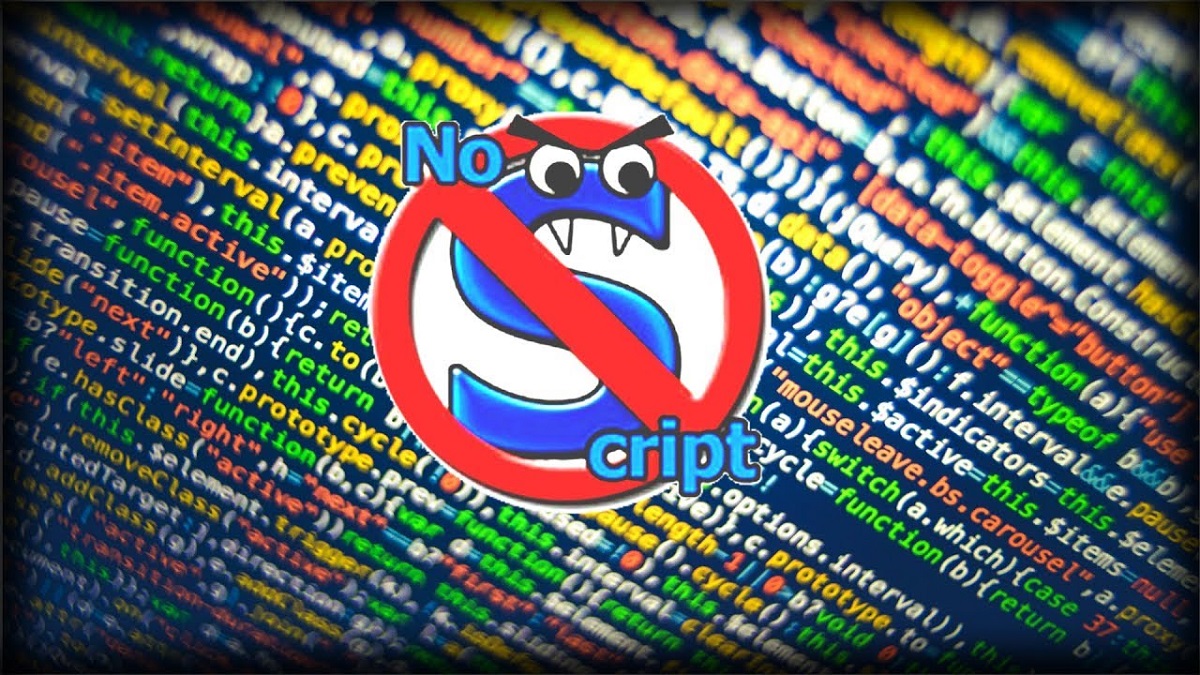
As the title says if you are a NoScript user and lately you have had problems opening many sites (such as Gmail, Facebook, etc.) after updating the plugin to version 11.2.16, because in new versions of browsers that use the Chromium engine (Chrome, Brave, Vivaldi) if you use this older version you will have the mentioned problem.
It is because of that new version release was formed of the browser plugin NoScript 11.2.18, whereupon the new version fixes a problem caused by a change in the handling of file:// URLs in the Chromium engine.
For those who are unaware of this browser add-on, you should know that is designed to block JavaScript code dangerous and unwanted, as well as various types of attacks (XSS, DNS Rebinding, CSRF, Clickjacking) and which is used in the popular Tor browser.
After installation the plugin in the browser JavaScript, Java, Flash, Silverlight, and other "active" content is blocked by default, under the assumption that malicious websites can use these technologies in malicious ways. The user can allow active content to be executed on trusted websites, giving explicit permission.3
NoScript takes the form of an icon on the toolbar or status bar in the web browser Shows each site whose content is being blocked or allowed for the current page being viewed, with options to allow the currently blocked content or to ban the currently allowed content.
NoScript also provides additional defenses against Internet attacks such as XSS, CSRF, Clickjacking, Man-in-the-middle attack, and DNS rebinding, with specific countermeasures that work independently of script blocking.
What's new in NoScript 11.2.18?
The problem which was fixed in NoScript version 11.2.18 it was due to the fact that in newer versions of Chromium, access to the "file:///" URL was denied by default
The problem it went unnoticed as it only appeared when installing NoScript from the Chrome Store plugins directory. When installing the zip file from GitHub via the "Load unpacked" menu (chrome://extensions > Developer mode), the problem does not appear, since access to the "file:///" url is not blocked in the developer mode.
I'm extremely upset and sorry about what's happening, but unfortunately it's not something I can test beforehand - it seems that the error occurs only when the extension is installed in a bundled form from the stores!
As a workaround, it works to enable the “Allow access to file URLs” setting in the plugin options.
The situation was aggravated by the fact that after NoScript 11.2.16 was released in the Chrome Web Store, the author tried to cancel the launch, which caused the entire project page to disappear.
Therefore, for some time, users could not go back to the previous version and were forced to disable the plugin. The Chrome Web Store page is now back up and running and the issue has been fixed in version 11.2.18.
In the Chrome Web Store catalog, to avoid a delay in the code review of the new version, it was decided to go back to the previous state and place version 11.2.17, which is identical to the previous version 11.2 already tested.
Finally if you are interested in knowing more about it, you can check the details in the following link
How to install NoScript in my web browser?
If you are interested in being able to install this add-on in your browser, the first thing you should do is verify that if you do not have Firefox or Chrome/Chromium as a web browser, your browser is based on one of these.
Now to be able to install the add-on, all you have to do is go to one of the following links that I share with you from the Firefox or Chrome Stores so that you can add the add-on and activate it.
NoScript for Firefox or Firefox-based browsers
NoScript for Firefox or Chrome/Chromium based browsers